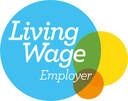For many disadvantaged groups, including children, young people and those in need of care and support for a wide range of reasons, issues such as limited access to court review, removal of the public sector proactive duties and the lack of consideration of these rights and freedoms, is likely to have a significant negative impact.
The wording of the Articles in Schedule 1 of the Bill remains the same; however how they are applied, who by and against what threshold is set to change, and this has a number of wider consequences that will impact on those least able to stand up for their own rights within our communities and service systems. There are numerous areas of concern levelled at this Bill from many quarters, but the key areas of concern for health and social care / public service delivery include:
The government is currently in process of consulting or implementing four key legislation areas that the replacement of the Human Rights Act has the potential to fundamentally change, including –
The title coined by those lobbying against the current proposals of the ‘Removal of Rights’ bill is an accurate description for many of the most vulnerable in our communities. Whilst the detail of the Articles set out in Schedule 1 have not fundamentally changed, the detail of the Bill in which they are contained has wide-reaching impact in relation to the application of these rights across a variety of settings, including areas such as health and social care, minority rights and the boundaries in which our public bodies are required to take account of individuals rights and wishes. It also appears that this government has sought to minimise awareness of what the ‘Bill of Rights’ will mean in practice beyond the scope of immigration, courts, and criminal justice procedures. The scrutiny of this bill and its spirit will be an essential part of the legislative process and must be robust if we are to protect against the erosion of civil rights for groups who are unable to articulate or otherwise effectively represent their own interests, views, and rights. Daisy Long, 01/09/2022 This piece originally appeared in the DCC-i June 2022 Newsletter. 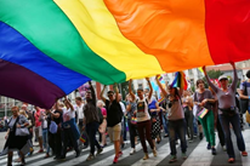 Pride in Social Work with Trans People? I recently came out as non-binary at work. I’d angsted at trans friends about the decision and tried to ignore the feeling of inauthenticity tickling at the back of my mind for longer than I’d like to admit. Then there was a Government leak stating that trans people would not be included in the ban on so called “conversion therapy”. I realised that the importance of visibility as a trans social worker within mental health services outweighed my discomfort at asking colleagues to change the language they used about me and to maybe consider the existence of gender outside of a binary. So what took me so long? The UK is an increasingly dangerous place to be trans. A 2020 Galop survey found that transphobic hate crime had doubled in the last three years, and that was only hate crime that was reported to police. The survey also found that only one in seven people felt able to report incidents of transphobia. In 2021 the Council of Europe Committee on Equality and Non-Discrimination published a report condemning “the extensive and often virulent attacks on the rights of LGBTI people for several years” in Hungary, Poland, the Russian Federation, Turkey and the United Kingdom (Ben Chikha, 2021:2). The report warned that the rights of trans and non-binary people are being rolled back in the UK leading to human rights issues, and that this is being propagated by politicians and others in positions of power. I’m in a position of privilege and relative power, but I can’t ignore this context. And unlike when being open about other aspects of my identity, I couldn’t be certain of support from my social work community. Are trans rights a social work concern? We are in the midst of a moral panic that seeks to position the rights of trans people, particularly trans women, in opposition to the rights of children and cis women (Pearce et. al, 2020). Transphobic articles published by major UK newspapers and broadcasters portray trans people as sexual predators and pathologise trans people as deluded or mentally ill. A dip into the toxic morass of “Gender Critical” Twitter or a certain online forum for mothers could give the superficial impression that trans rights are a safeguarding issue. Given the current climate of polarised views and misinformation, and that research has demonstrated that social workers do not feel prepared by their training to work with trans people (Stevens, 2022), perhaps the lack of engagement around trans rights from (cis) social workers is understandable. However, trans rights are very much a social work concern. Trans rights are human rights. Promoting human rights and social justice is core to social work. It’s woven throughout our codes of ethics and professional standards. BASW’s 2021 position statement on social work with trans people was a welcome interruption to the social work silence on trans issues. It highlights that opposing the oppression, stigma, discrimination and abuse that trans people face is in keeping with the BASW code of ethics and the social work purpose to uphold human rights (BASW, 2021). Trans people face barriers to all forms of healthcare, have higher levels of self-harm and suicide, are more likely to be unemployed or in low wage jobs and more likely to face homelessness than the general population (Pearce et. al 2020, Galop 2020, McNeil et. al 2012). The 2021 Council of Europe report states that transphobia in the UK breaches Article 14 rights. In 2020 Women and Equalities Minister Liz Truss spoke about reforms to the Gender Recognition Act 2004, mistakenly conflating the provisions of the Act with enabling access to “single sex spaces”, saying that “appropriate checks and measures” need to be in place regarding who accesses these spaces. This poses questions about self-determination and Article 8 rights. Trans rights are your rights. Attempts to challenge or remove rights from trans and non-binary people also impact the rights of cis women, children and other members of the LGBTQ+ community. The main proponents of the “Gender Critical Movement” are predominantly white, middle class, affluent people in positions of power with platforms in the press, universities and parliament. This movement does not represent the interests of working class, racialised and/or minoritised people. The Bell & Anor v. Tavistock & Portman NHS Foundation Trust case briefly (from initial judgement in 2020 until being overturned on appeal in 2021) set a judicial precedent that overrode Gillick Competence with potentially dire consequences for under 16s’ bodily autonomy. Let’s not forget that Gillick v West Norfolk and Wisbech Area Health Authority related to access to contraception. “Gender Critical” arguments against trans rights centre around biological essentialism, stating that women have “sex based rights” that must be protected (see Fair Play For Women, A Woman’s Place UK, etc., ad nauseam). Sex is presented as immutable. “Males” (incorrectly including trans women) are presented as stronger and biologically predisposed to sexual violence. “Females” are presented as fragile, vulnerable and in need of protection, reminiscent of outdated, misogynist notions of the ‘the weaker sex’ (Pearce et. al, 2020). Some “Gender Critical Feminists” go further to define womanhood by the ability to reproduce (e.g. Suzanne Moore in the Guardian, 2019), previously the preserve of anti-choice, fundamentalist religious organisations. Other “Gender Critical” groups state that exposing school children to information about gender and sexual identities (e.g. through the Stonewall School Champions programme) is a safeguarding concern, at times equated to grooming. As someone who attended school under section 28, this is uncomfortably familiar. What can social workers do?
Useful Web Links / Resources
Lizzie Furber (they/them) DCC-i Associate & mental health social worker June 2022
Daisy Jackson-Bogg is a member of the British Association of Social Workers (BASW), an independent social worker and Director of DCC-I, an independent social work consultancy and Continuing Professional Development (CPD) organisation. Daisy is a practicing Approved Mental Health Professional and Best Interest Assessor, undertaking independent assessments and Serious Adults Reviews work alongside developing and delivering CPD for the health and social care sector.
Is it important to, or important for? A key question in strengths-based practice, an approach which is upfront and central in the part of the profession I occupy, adults and mental health. This is a question I can ask, and know to ask, because of the influence of the Human Rights Act. Without it, social workers, independent or otherwise (along with other health, social care and public sector colleagues), would still be making unilateral decisions based on what they believed was most likely to keep people safe, guided by what the moral majority thought was best (translated at points in our history as almost ‘warehousing’ people who didn’t fit the norm or who were seen as broken, weak or less than, those who were seen as not being able to ‘make a contribution’ to the society in which they live. Whilst I agree in general terms that safety is a positive and important aspect of both civil life and specifically social work practice within that. I also recognise that it is a subjective term, one that varies according to the individual, context, and choices available. There is a balance to be struck between what society believes is best, and what the individual may want and/or need, and this is the position that adult social workers occupy on a daily basis. For many of the people we work with, their view of the world is not the same as our perceptions as workers, or our health colleagues’ perceptions, or the perceptions of the wider society (including the press at some points!). We know that one persons’ safety can be another person’s worst fear, and without a framework to underpin our decision-making, social work responses would have no benchmark, no consistent way of navigating thorny dilemmas and would likely have limited consistency – based on the issue, the context, the players involved and the values of the practitioner rather than a sense of fairness, respect, equity, dignity and autonomy (aka the FREDA principles, the key principles that underpin social work practice overall). While many would argue this is the case anyway (which I can’t deny in general terms, we don’t always get it right and people are not always acting with positive intent), what I believe we do have is a common understanding of how the state should support its citizens, and a mandate which requires us, as professional social workers, to intervene and challenge when individual or community rights are being interfered with or otherwise eroded. For me the Act is the authority that the profession rests, and relies upon, to deliver both our statutory and non-statutory duties, often without knowing that this is the case. For me, social work sits on that boundary between the benefit of the many versus the benefit of the few / individual. We are both advocates for individual rights and, in some cases custodians of both individual and public safety. It’s a sharp double edge sword that we walk on, and for me, the Act is the constant that leads us through some thorny ethical dilemmas we (and the people we support) are faced with, often whilst managing conflicting demands, shocking resource deficiencies and subjective interpretations of need and risk. As an AMHP and BIA it is the cornerstone of practice, the very reason my role exists, it is the roots of professional social work practice, ever present but not always noticed. Daisy Jackson-Bogg 8th December 2021 |
AuthorSNews, views and rambling rants from the DCC-i Crew... Archives
September 2022
Categories
All
|
|
DCC Interactive Ltd
Registered Office: 22 St John St, Newport Pagnell. MK16 8HJ Registered in England & Wales, Registration No: 13075266 Contact: [email protected] Registered with the Information Commissioners Officer, Registration No: ZA839281.
|
Our Accreditations: |


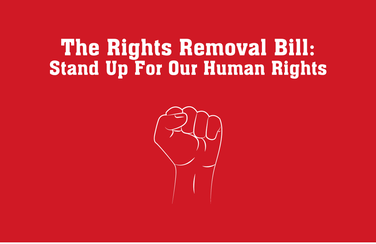
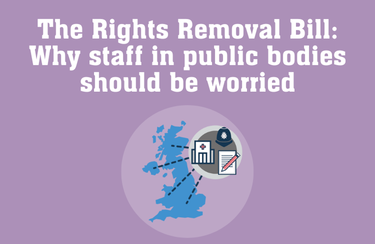
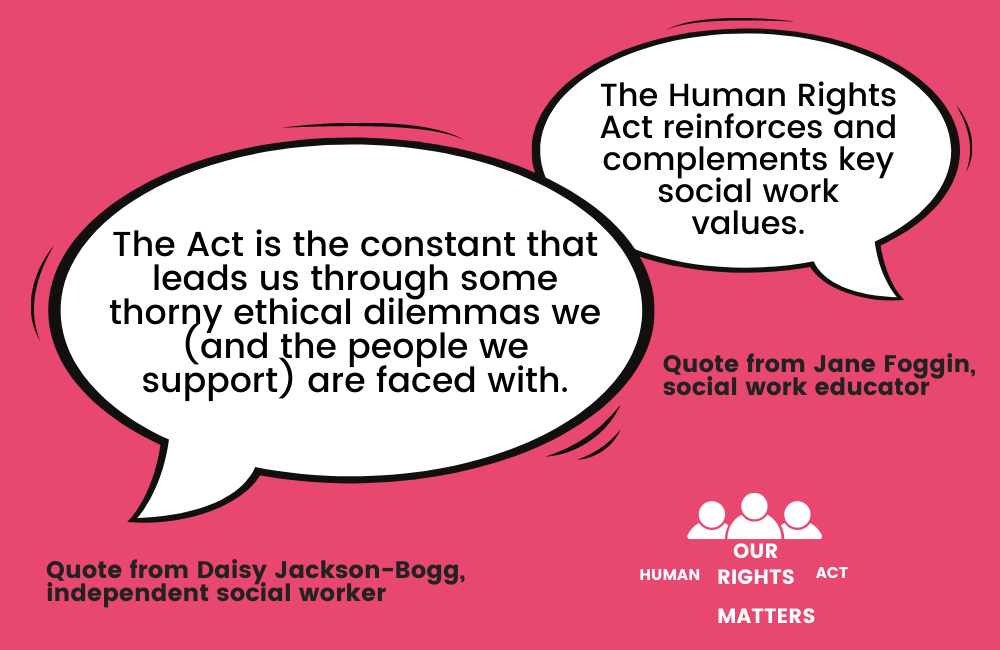
 RSS Feed
RSS Feed



